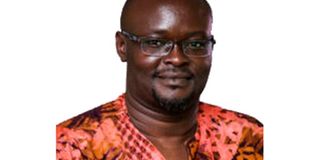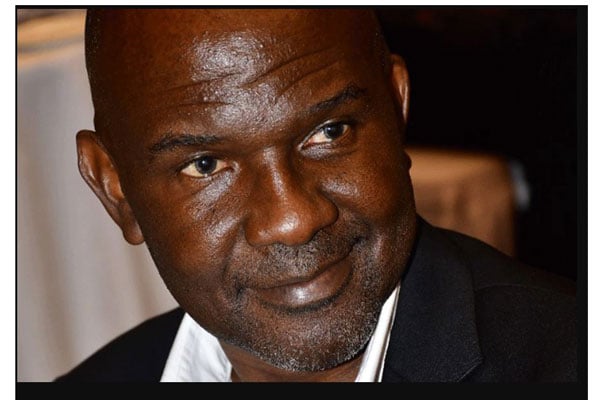What if Trump was president of Uganda?

Arthur Larok
What you need to know:
- In Uganda, security forces occupy all spaces of protests before the protests begin.
- Second, all the executive orders would have become law as it is nearly impossible to oppose what President Museveni proposes and if there is any obstacle, Trump being the wealthy businessman that he is would use financial inducements to bulldoze his intentions, be it by bribing Members of Parliament or according ‘golden’ perhaps ‘diamond’ handshakes.
Following the ‘surprising’ election of Donald Trump as the 45th president of the United States of America, every passing day has Trump in the news. Be it, his nominees for various positions, early resignations, dismissals, as he did a couple of weeks ago of more than 40 state attorneys or just his tweets, controversial as they can be. However, the attention that Trump is creating is acting, perhaps as much against him as he may desire to keep in the news.
So far, president Trump has signed 17 executive orders and one of them, his desire to strengthen immigration rules called ‘Protecting the Nation from Foreign Terrorist Entry into the U.S.’ has been signed twice, on January 27 and March 6.
The first was blocked by a federal judge in Washington State and the 2nd by a federal judge in Hawaii. Trump’s unsubstantiated claim that Barack Obama ordered a ‘wire-tap’ of Trump Towers has been roundly rejected by security, judicial and even legislative officials, while his budget proposals, including to start building a wall at the Mexican border as well as his plans to replace the affordable Health Care Act, popularly known as ‘Obamacare’ have been heavily criticised and may not go through as framed.
So how come, the most powerful person in the world, president of the United States of America cannot not just pursue his plans? It is difficult to predict what Trump’s presidency will look like eventually but what if president Trump was the president of Uganda, what would his first 100 days look like?
Well, there is more to contrast than to compare between the two countries, but perhaps, Trump would be a lot more successful as president of Uganda than the US.
First, protests we saw after his election, like the Women’s March to Washington on January 21, a day after he was sworn in and may other protests all over the US would never have happened.
In Uganda, security forces occupy all spaces of protests before the protests begin. Second, all the executive orders would have become law as it is nearly impossible to oppose what President Museveni proposes and if there is any obstacle, Trump being the wealthy businessman that he is would use financial inducements to bulldoze his intentions, be it by bribing Members of Parliament or according ‘golden’ perhaps ‘diamond’ handshakes.
Some Chinese contractor may have already won the tender to build the wall. In short, if Trump was president of Uganda, we would be on the highway to making ‘Uganda great again’. There are lessons to be drawn from the recent happenings in the US. First is the right to freedom of expression and civil liberties. The resilience of the people and the protests against some of Trump’s policies will eventually be beneficial.
Second, is the importance of effective checks on power, be they through the traditional separation of powers between Executive, Legislature and Judiciary or through the system of governance.
In US’s federal system, a state is quite independent and can choose not to implement ‘orders from above’.
Third and, no matter what becomes of Trump’s presidency, there is a good chance that Americans can vote him out after four years or at most the term limits will guarantee that he is out after eight years.
It is the above lessons that we Ugandans need to take heed of as we think about a political transition to a post-Museveni Uganda. We must think of stronger checks on power of the president, not just in restoring terms limits, but institutional independence and even autonomy of regions in a federal arrangement instead of the burgeoning cottage of unviable districts. To this transition question I will return in subsequent articles!
Mr Larok is the country director, ActionAid Uganda but currently on a Fellowship in the US.




